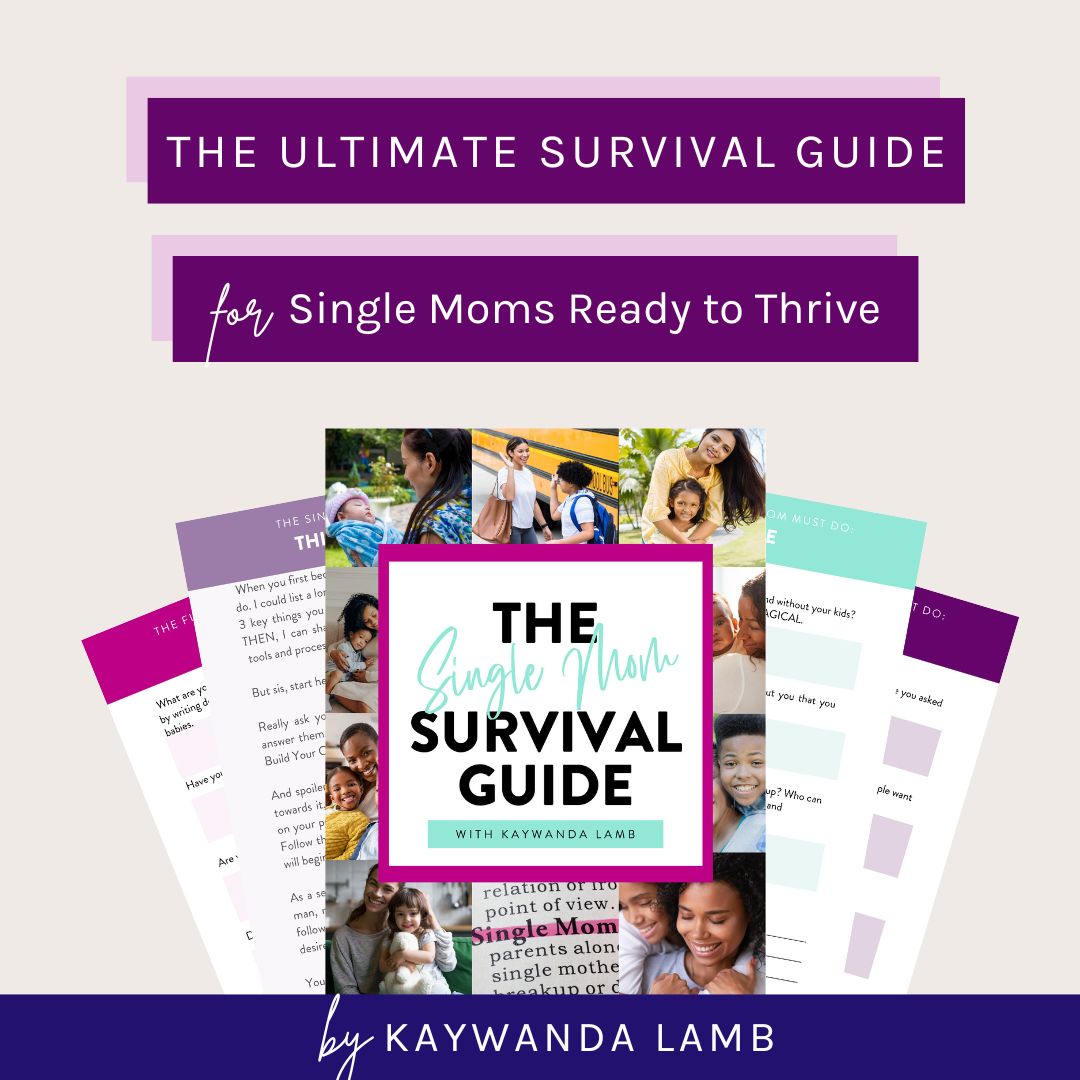The post today comes from Timi Komonibo. I first met Timi at Weekend Startup School hosted by Paul C. Brunson and Ella Rucker back in March of this year. She was so alive, excited about her non-profit, and an all-around sweet young woman. I knew we had to collaborate. She is sharing a very personal post with which I feel many women will identify. Self love or self-care is a new term for a very old remedy to staying sane. Read on and find out how she chooses to love on her without losing herself in pleasing others.
A friend told me the other day “I bet you never get sad.” In response, I laughed— probably longer and louder than I should have. But it was funny that I was doing a great job of hiding how overwhelmed I’ve been feeling lately. All throughout my day, I had my problems and everybody else’s swirling around in my head. It seemed like everyone I knew was struggling in some area of their lives. They would tell me about it, and I would listen and absorb their sadness and their anxiety. Can I tell you something? It was exhausting.
Because of too many moments like these, I recently came to the realization that I am not a psychiatrist. Even though I am an empathetic listening ear, I realize that I do not always have the training to help all of my friends and family who are in need. It’s important for us to acknowledge our limitations in what we can do for the people we love.
There’s a medical term called caregiver burnout that describes what happens when we get in over our heads while taking care of other people. Here’s the WedMD definition:
Caregiver burnout is a state of physical, emotional, and mental exhaustion… Burnout can occur when caregivers don’t get the help they need, or if they try to do more than they are able — either physically or financially. Caregivers who are “burned out” may experience fatigue, stress, anxiety, and depression. Many caregivers also feel guilty if they spend time on themselves rather than on their loved ones in need.
Additional symptoms include the following:
- Withdrawal from friends, family, and other loved ones
- Loss of interest in activities previously enjoyed
- Feeling blue, irritable, hopeless, and helpless
- Changes in appetite, weight, or both
- Changes in sleep patterns
- Emotional and physical exhaustion
- Irritability
Once I noticed I was experiencing one or two of those symptoms to some degree, I knew something had to change. I cannot walk around and be everyone’s savior, because I’m not. I can’t bear the weight of everyone’s troubles on my shoulders because I simply don’t have the strength. I can’t change my nature from being the kind of friend that wants to be there when people are in need. But, what I can do is start drawing the line where their needs exceed my capacity or ability to help them.
If there is an issue that goes beyond my experience or expertise, I will listen and then refer them to the appropriate source that they need. It might sound a bit cold, but I think it’s important for our loved ones to know their roles in our lives. And it’s equally important for us to defer to people who know far more than we do in certain areas.
We do our loved ones a disservice when we act as stand-in counselors when they really should be receiving professional help.
My role as a friend is changing. While I believe that God has the power to change any situation in our lives. I also believe we have to do our part in equipping ourselves with knowledge and protecting our personal space. After all to be of service to our friends, we have to practice self-care first. I choose to love myself and protect my feelings and time instead of pleasing others. I have come to learn that self-love is the first love I need to have.
To that end, I’m becoming a resource collector. I’m gathering resources for mental health, financial advice, entrepreneurial support, spiritual guidance, and any other prevalent issues in our community. My friends and family deserve the right to happiness and so do I. I’m prepared to fight for our mental health by any means necessary just not at the expense of my own. How about you?
Leave me a comment below. How do you protect your mental health on a daily basis? Also please share any good self-love resources you’ve come across.
Let’s get better together!
Timi Komonibo is the Founder of Style Lottery, a sustainable fashion & fashion philanthropy organization that uses fashion to empower women. Find her blogging at www.naturalechronicles.com.





